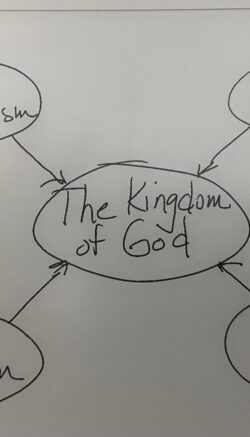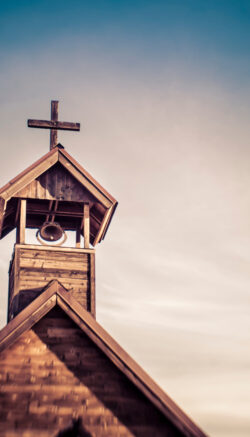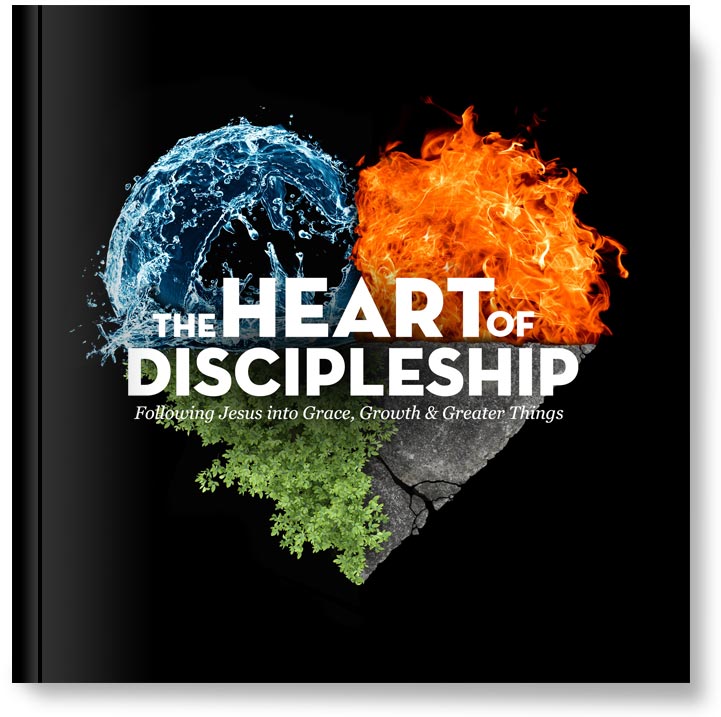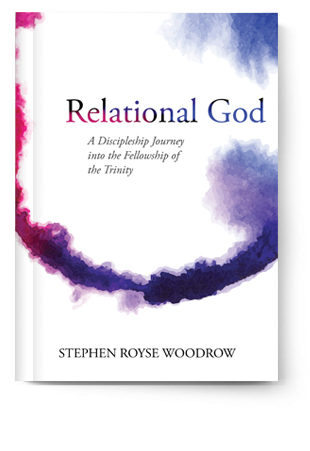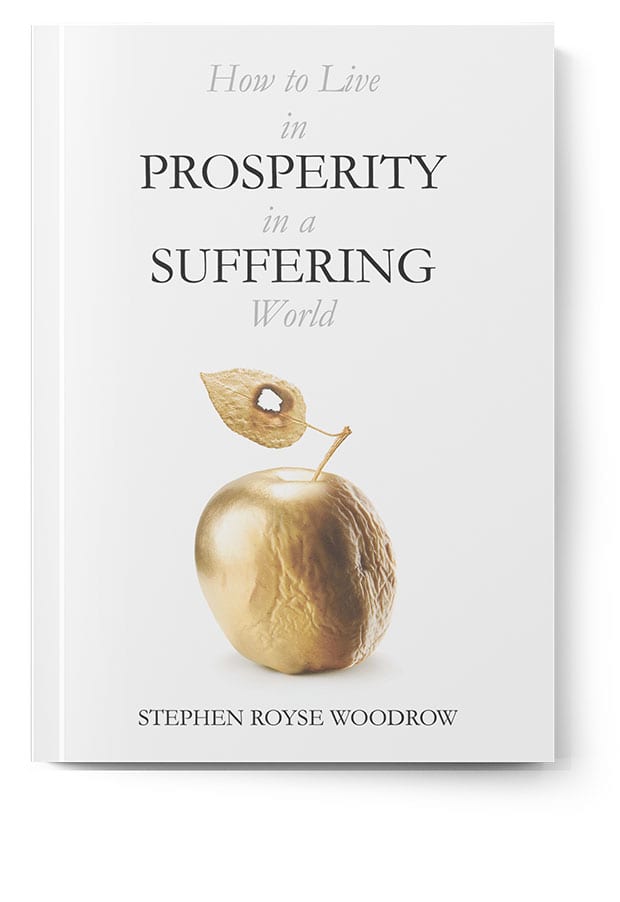We should learn from history, but too many times we end up just repeating it. If anything proves the biblical doctrine of “sin” and that “all have sinned and fall short of the glory of God, “ it should be the repeating of the same evils throughout history.
One of the worst evils that has been repeated is the integration of the Church and the State where gradually the uniqueness of each becomes blurred. And this happened in Germany with the Lutheran Church and helped pave the way for Nazi Germany. In Eric Metaxas’ book Bonhoeffer he writes,
“To understand the relationship between Germans, Jews, and Christians, one has to go back again to Martin Luther, the man in whom Germanness and Christianity were effectively united. His authority as the man who defined what it was to be a German Christian was unquestioned, and it would be used by the Nazis to deceive many. But when it comes to the Jews, Luther’s legacy is confusing, not to say deeply disturbing.” (p.91)
So how did this happen in Germany? How did the Church that Luther founded upon “sola scriptura” get blurred with the Nationalist Socialism of Nazi Germany? Tim Keller gives us some insight in the Foreword of Bonhoeffer:
“It is impossible to understand Bonhoeffer’s Nachfolge (succession) without becoming acquainted with the shocking capitulation of the German church to Hitler in the 1930s. How could the ‘church of Luther,’ that great teacher of the gospel, have ever come to such a place? The answer is that the true gospel, summed up by Bonhoeffer as costly grace, had been lost. On the one hand, the church had become marked by formalism. That meant going to church and hearing that God just loves and forgives everyone, so it doesn’t really matter much how you live. Bonhoeffer called this cheap grace. On the other hand, there was legalism, or salvation by law and good works. Legalism meant that God loves you because you have pulled yourself together and are trying to live a good, disciplined life…Both of these impulses made it possible for Hitler to come to power.”
The formalism that crept into much of the German Church lost the authority of the scriptures to lead the moral compass of the Church and allowed the State to be that compass. Today, the same thing is going on in our country. Sadly much of the Church is bowing to the cultural pressure of progressive secular culture and adopting its moral guiding compass and is increasingly losing a healthy hold on the scriptures.
The legalism that crept into much of the German Church lost the authority of the scriptures to pharisaical or law and order attitudes. It was this blending of the scriptures and the law of the land that allowed much of the Church to adopt the Aryan Paragraph which opened wide the door for racism and the abuse of the Jews and other races. Sadly, this is exactly what happened with American slavery in some parts of the Church. And sadly today there are parts of the Church who are blending the church with politics and moving toward a Nationalistic approach much like the Nazis with their Nationalistic Socialistic party.
So, how is the Church to respond today? First, we need to expose and fight against the cancer of cheap grace within our walls. The idea that God will go soft on sin is nowhere to be found in the scriptures. We must work diligently in communicating a solid theology of the Gospel of the Kingdom of Christ in our pulpits, small groups and discipleship. We need to help each other apply a biblical filter when it comes to our moral and political and social justice convictions. Secondly, we need to expose and fight against the subtle but evil tendency of legalism. This evil always corrupts the gospel of grace and imposes itself upon politics in a way that blurs the biblical distinctions of Church and State. This legalism also blurs patriotism and the Christian mission in the world.
The Church needs to re-establish its communities as places of gracious respectful dialogue where these issues are investigated with rigorous theological inquiry and personal application within the accountability of discipleship.
4

